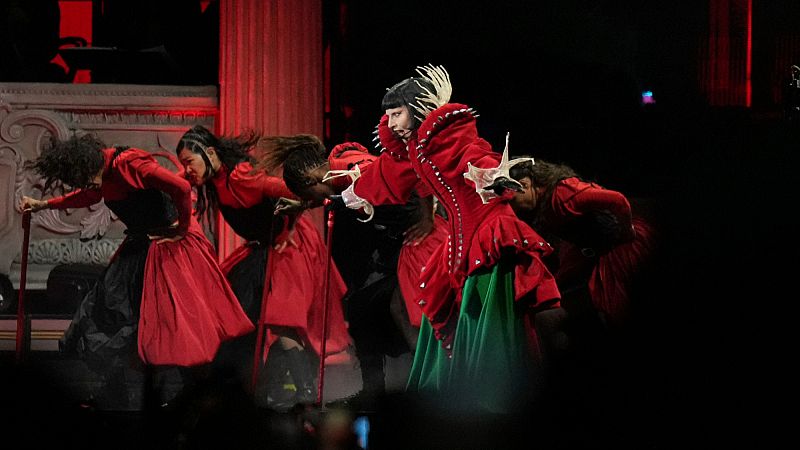
More than 2 million Lady Gaga fans rocked up at the Copacabana Beach in Rio de Janeiro on Saturday night to join the singer in what was the largest show of her career as of yet, and it was free.
Meanwhile, authorities arrested two individuals in connection with the alleged plot — a man, identified as the group’s leader, in the southern state of Rio Grande do Sul on charges of illegal weapons possession, and a teenager in Rio on charges relating to child pornography.
Police did not provide further details about their specific involvement in the plot or how the group came to focus on Lady Gaga’s concert.
Rio de Janeiro’s state police and Brazil’s Ministry of Justice outlined what they described as a plot involving a group that spread hate speech against the LGBTQ+ community and others, and had intended to set off improvised explosive devices at the event.
On Sunday, a spokesperson for Lady Gaga said the pop star and her team “learned about this alleged threat via media reports this morning. Prior to and during the show, there were no known safety concerns, nor any communication from the police or authorities to Lady Gaga regarding any potential risks.”
The Mother Monster, as she is known, kicked off the concert at around 10:10 pm local time with her 2011 song “Bloody Mary”. Cries of joy rose from the tightly packed fans who sang and danced shoulder to shoulder on the vast stretch of sand.
Lady Gaga performed her classic hits, including “Poker Face” and “Alejandro,” switching between an array of dresses, including one with the colours of the Brazilian flag.
Madonna also turned Copacabana Beach into a massive dance floor last year. The large-scale performances are part of an effort led by City Hall to boost economic activity after Carnival and New Years’ Eve festivities and the upcoming month-long Saint John’s Day celebrations in June.
Rio’s City Hall said in a recent report that around 1.6 million people were expected to attend Lady Gaga's concert and that the show should inject at least 600 million reais (some €93.8 million) into Rio’s economy.
Similar concerts are scheduled to take place every year in May at least until 2028.







